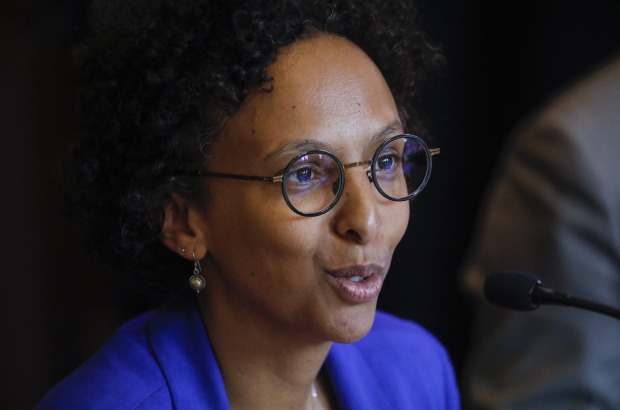- Daily & Weekly newsletters
- Buy & download The Bulletin
- Comment on our articles
Brussels government aims for carbon neutrality across the region by 2050
The Brussels government has set its socio-ecological objectives for the next 30 years, which includes carbon neutrality in all economic activities by 2050, RTBF and Bruzz reports.
But the economic transition towards this must be the right transition, said Barbara Trachte, the state secretary for economic transition, when announcing the 224 objectives on Thursday.
The actions and measures that make up the Brussels policy plan - which has been dubbed 'Shifting Economy' – have been defined through close collaboration with various government departments and entities, the private sector and social partners. These include Brussels Environment, Brussels Economy and Employment, hub.brussels, Innoviris, finance&invest.brussels, citydev.brussels and the Port of Brussels.
"It is clear we need to change our consumption and production behaviour," Trachte said. "With 'Shifting Economy', the Brussels government is opting for an ambitious and economic transition strategy and setting a course for the decarbonising of the economy by 2050."
The objective is to ensure the development of a prosperous, local, sustainable and resilient economy that meets the needs of residents and entrepreneurs, consumes fewer resources such as fossil fuels, and provides quality jobs.
It's also a question of making the Brussels economy less dependent on the outside world and more robust in the face of international crises, said Barbara Trachte.
On 31 March, the new 'Shifting Economy' strategy was approved by the Brussels government and submitted to the European Commission as part of the Brussels contribution to the National Plan for Recovery and Resilience.
In concrete terms, the region wants to give more economic support to companies that play an exemplary role in the environmental or social field. From 2030, the Region's economic instruments must be focused on supporting companies that are an example in social and ecological terms. The aim is to ensure that all economic activities in the Brussels Region are carried out in a carbon-neutral way by 2050.
The Brussels Region has around 22,000 companies, excluding the self-employed. Some 6,131 companies have already completed or are in the process of an economic transition. The new objectives are designed to bring the others into line with these. Environmental impact will also be taken into account in public procurement, which accounts for 13.4% of Brussels' GDP.
The 'Shifting Economy' plan must also contribute to the Belgian promise around the European Green Deal, a set of measures that should achieve a climate-neutral Europe by 2050. A government, organisation or sector is climate neutral if it does not emit harmful substances (such as CO2) or compensates for these emissions.
















